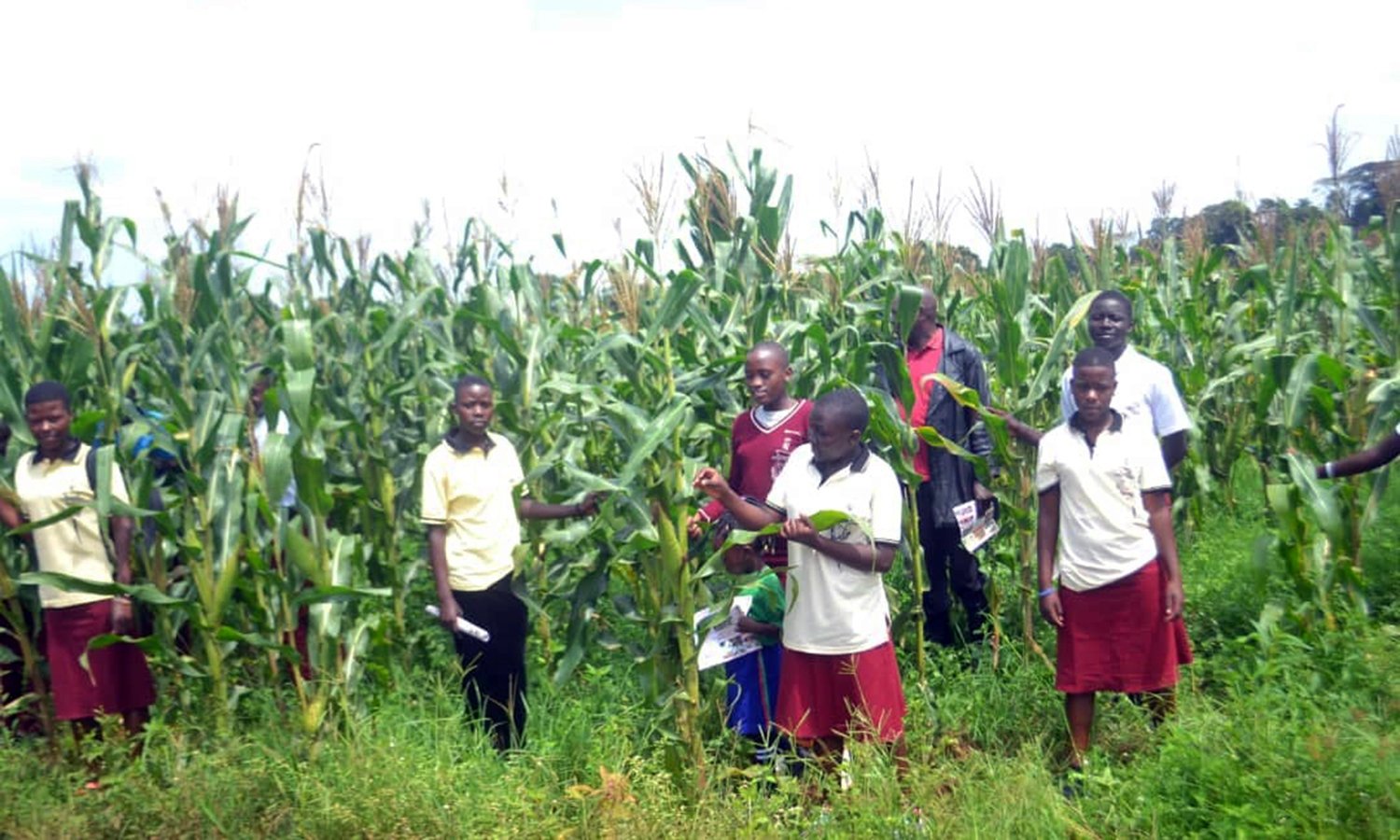Pharmacists turn to plants in search of Ebola vaccine

Prof Kabwegyere
What you need to know:
There is currently no drug for treating Ebola. Several patients have been given experimental treatments.
KAMPALA- With the Ebola outbreak threatening to spiral out of control, the Pharmaceutical Society of Uganda (PSU), has unveiled a $5m (about Shs13.3b) drug research and development centre aimed at getting the antidote for the virus and other infectious diseases from medicinal plants. The pharmacists in Uganda hope to turn medicinal plants into safe and effective drugs for Ebola and other diseases.
Efforts are also being made to transform traditionally used herbs into modern drugs conforming to the high pharmacological standards present-day. The new research flagged off by Prof Tarsis Kabwegyere, minister for General Duties, on behalf of the President at the weekend, seeks to develop affordable drugs for malaria, HIV/Aids, Ebola, cancer, diabetes, hypertension among others from local herbs and further develop drug making machines.
“We are going to focus on infectious diseases such as Ebola, marburg, malaria, HIV/AIDS and non-communicable diseases such as diabetes, hypertension, sickle cell, cancer including the neglected diseases such as river blindness and nodding syndrome,”Sam Opio, the secretary for PSU, said.
There are no drugs on the market today designed specifically to treat Ebola. Doctors in West Africa, the epicenter of the outbreak have largely been treating patients’ symptoms—which include fever, vomiting and diarrhea—and trying to replace the body fluids they lose. Several Western and African patients have been given experimental treatments, with the hope they might be effective.
Mr Opio told Daily Monitor at the launch of the drug research centre in Kampala that the actual work is expected to begin in two years’ time since more than 100 scientists have to be trained before they embark on the task.
“Antibiotics and aspirin were first isolated from bacteria and willow, respectively, and the first ever antimalarial drug, quinine, came from the bark of the South American cinchona tree,” Mr Opio said.
“We are going to work with herbalists and credible research institutions to develop their products into efficacious, safe, standardize and appropriately formulated products that comply with drug regulatory requirements.”
He said the new drugs and development center will transfer research from libraries to Laboratories and from labs to people’s lives. The facility is going to research and develop newer efficacious and safer medicines derived from Uganda’s medicinal plants to treat and manage various ailments.



